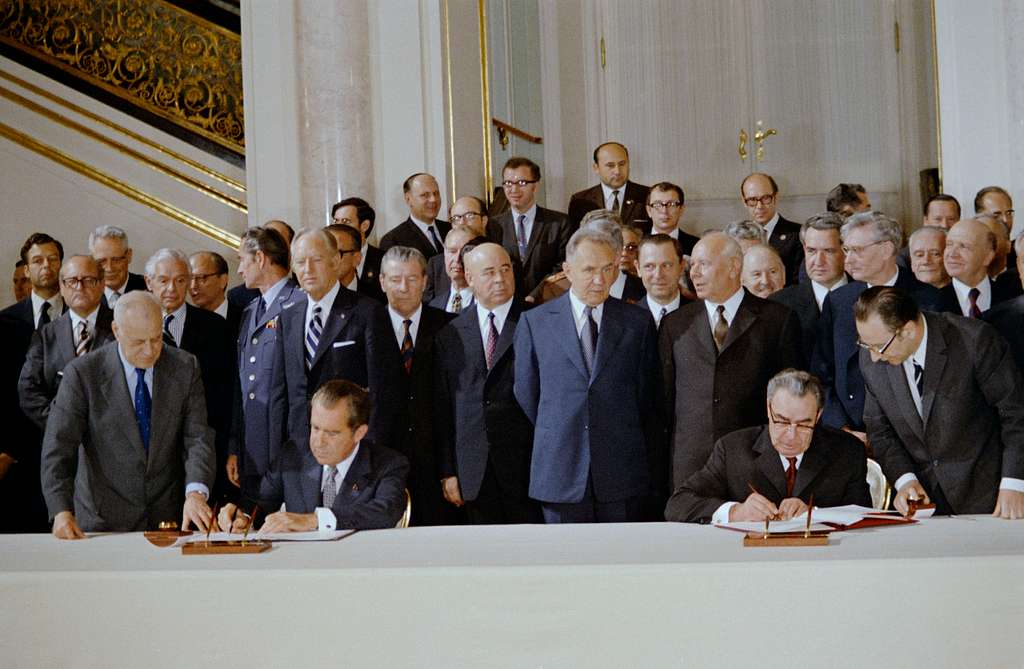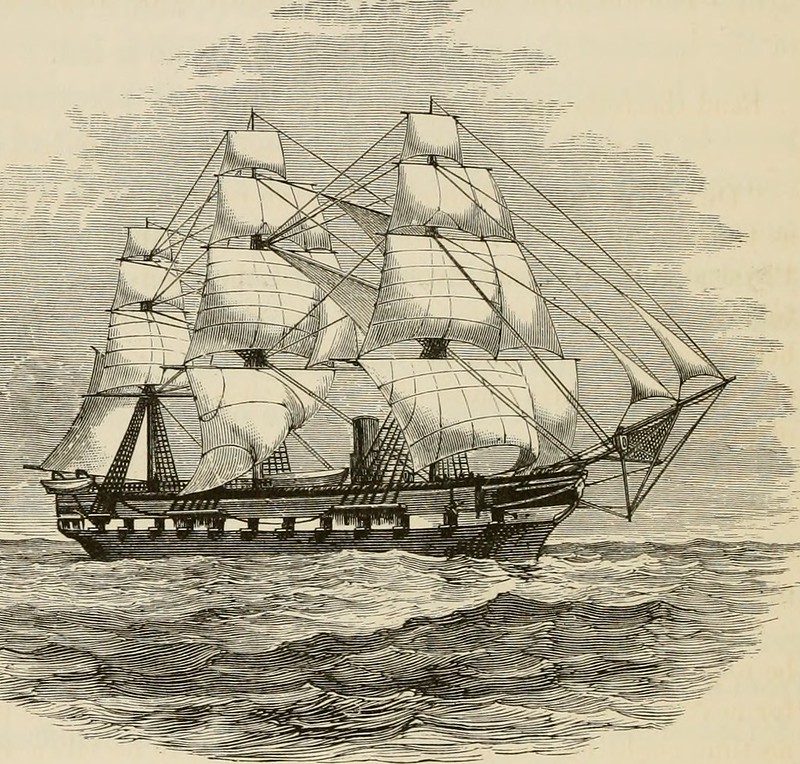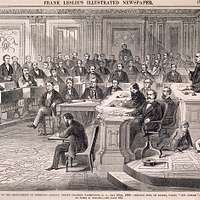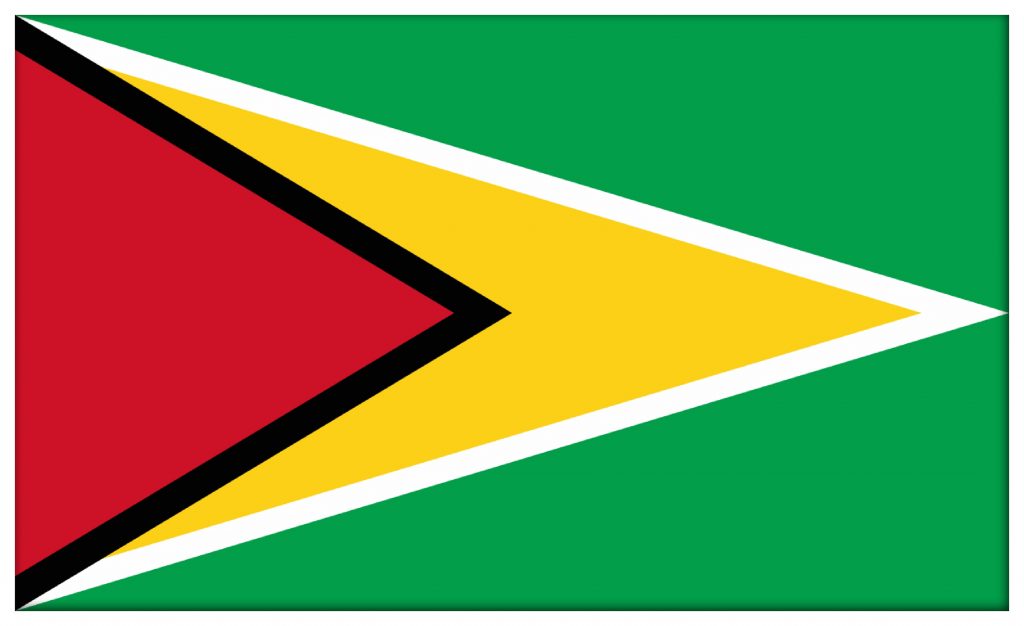A closer look at key historic events that took place on May 26:
In 1972, the USSR and US sign the ABM Treaty
The Anti-Ballistic Missile (ABM) Treaty aimed to regulate the establishment of anti-ballistic missile shields against nuclear missiles. It established limitations on the number and location of ABM systems each country could deploy, with the goal of maintaining the strategic balance of nuclear deterrence. The ABM Treaty remained in force until 2002 when the United States withdrew from it under the George W. Bush administration.

President Nixon and General Secretary Brezhnev signing the (SALT 1) ABM Treaty (Limitation of Anti-Ballistic Missile Systems) and the Interim Agreement on strategic offensive arms in Moscow. Wikimedia Commons
In 1966, Guyana gains its independence
In 1966, Guyana gained its independence from British colonial rule. After years of struggle and advocacy for self-governance, Guyana, formerly known as British Guiana, became a sovereign nation on May 26.
In 1940, British troops begin evacuating from Dunkirk
The evacuation, code-named Operation Dynamo, was a massive effort to rescue Allied soldiers who were surrounded by German forces on the beaches of Dunkirk, France. Over the course of about nine days, hundreds of civilian vessels, along with naval ships, were mobilized to ferry troops from the beaches to larger ships waiting offshore. Despite facing heavy enemy fire and adverse weather conditions, the evacuation was largely successful, allowing around 338,000 British and Allied troops to be safely evacuated to England.

Troops arrive back in Dover following the evacuation of British troops from Dunkirk on 31 May 1940. Some men change into clothes provided by the authorities. Imperial War Museums
In 1908, oil is discovered in the Middle East
The discovery occurred in Persia (modern-day Iran) when a British company, the Anglo-Persian Oil Company (later known as British Petroleum or BP), struck oil in the city of Masjed Soleiman. This discovery eventually led to the development of the oil industry in the region, transforming the economies of Middle Eastern countries and shaping global energy markets.
In 1897, Bram Stoker publishes Dracula
The Gothic horror classic Dracula went on to become one of the most famous and enduring works of vampire fiction in literary history.
In 1876, the Challenger Expedition concludes successfully
The Challenger Expedition was the first oceanographic expedition of its kind, conducted by the British Royal Navy ship HMS Challenger. It aimed to conduct a comprehensive scientific study of the world’s oceans, including oceanography, marine biology, and geology. Over the course of nearly four years, the expedition traveled nearly about 130,000 kilometers and collected samples and data from various depths and locations across the globe.

Image from page 83 of “The voyage of the “Challenger” : the Atlantic : a preliminary account of the general results of the exploring voyage of H.M.S. “Challenger” during the year 1873 and the early part of the year 1876″ (1878).
In 1868, President Andrew Johnson is acquitted
The U.S. President had been accused of, among other things, bringing “into disgrace, ridicule, hatred, contempt, and reproach the Congress of the United States.” The impeachment trial took place in the Senate, where Johnson was acquitted by one vote on May 26, thus avoiding his removal from office.

Taking the Vote on the Impeachment of President Johnson, Senate Chamber, Washington, D.C., May 16th, 1868. – Senator Ross, of Kansas, Voting “Not Guilty.” – Wood engraving, black and white, after James E. Taylor. – To the right on the dais: two Senate Pages. Wikimedia Commons
– Don’t miss out on To Vima’s daily “On this Day in History” posts.





